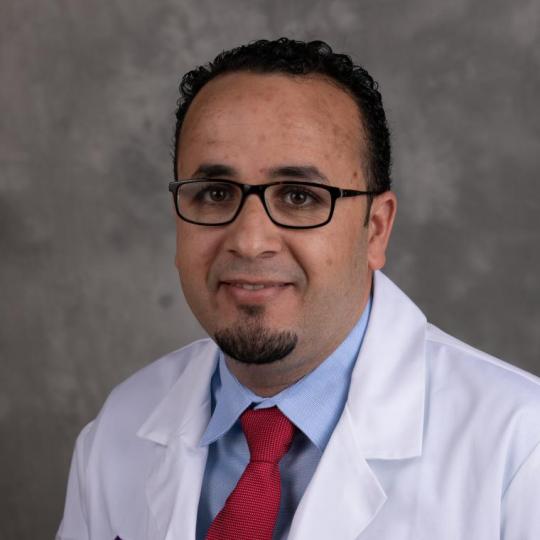
Interventional Cardiology
Overview
Interventional cardiology is a specialized branch of cardiology that diagnoses and treats heart diseases using minimally invasive procedures. Instead of open-heart surgery, cardiologists guide thin tubes (catheters) and small devices, such as stents, through the blood vessels to repair heart problems. These procedures typically result in less pain, lower risk and a faster recovery.
Common interventional cardiology procedures include:
- Coronary angioplasty and stent placement – opening blocked arteries to improve blood flow
- Valve repair and replacements – treating heart valve problems without open-heart surgery
- Balloon valvuloplasty – using a balloon to widen a narrowed heart valve
- Atherectomy – removing plaque buildup in arteries
- Left atrial appendage closure – reducing stroke risk in certain heart conditions
- Peripheral artery disease treatment – improving blood flow in areas outside the heart
These advanced procedures have transformed heart care, giving patients safer and more effective options for treating heart disease. With the right treatment, many people can achieve better heart health and an improved quality of life.
Our providers
Why SIU
Continually learning
With a focus on continual improvement, our doctors take the time to research, study and innovate to provide the latest treatments for our patients.
Patient-first experience
Our care ranges from primary care physicians to specialists and sub-specialists who have advanced training. We're here for you when you need us.
Breakthrough tech
Continually teaching the next generation of doctors, our physicians use the latest developments in procedures and technologies for our patients.





